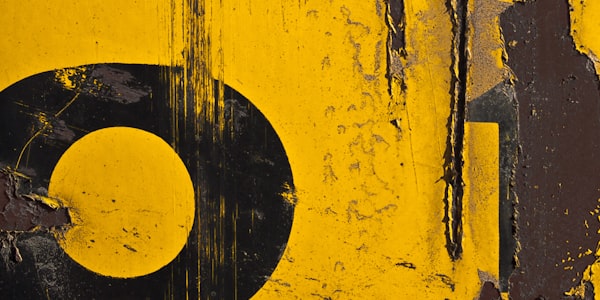Talking to experts in the wine industry is a huge help to guide the less experienced. This month Wanda Augustyn speaks to wine marketing young gun Jessica Saurwein.
Q & A
How does marketing wine to a younger generation compare with marketing it to an older generation?
In order to understand younger and older generations they can be divided into various groups such as the pre-baby boomers, baby boomers, Generation X, Generation Y or Millennials and Generation Z. Many businesses tend to focus solely on Millennials due to their potential lifespan as customers and greater adaptability to technology compared with older generations. Social media has made it easy to communicate directly with Millennials and has given them a voice, which in turn enables them to influence other young people. Trends are easily recognised and followed and brands can be brought to the “tipping point” by comments or likes from key individuals or influencers.
Focusing only on Millennials however can be a mistake as the older generation represents a large market with people who are less likely to change brand allegiance. Age tends to make people wiser and more careful. Older people are less easily impressed by the latest fashions and trends. Quality and value for money are their primary concerns and they’re less likely to be rushed into a decision. They also tend to be more loyal and likely to stay with brands they trust and promote them to their friends.
Ideally marketing strategies should be inclusive and multigenerational in order to make sure we’re targeting our wine brands and wine services at all ages, including those aged 50 and older. The aim is to firstly create classic, timeless brands that will speak to all ages and secondly to focus on the efficacy of communication to the various groups.
There’s a generation of young-gun winemakers. Does that mean there are also young-gun wine marketers?
Marketers, creatives, media strategists, PR pros and others of the persuasion profession under the age of 30 are certainly displaying some of the “pushing the boundaries”, young-gun characteristics. They’re willing to take risks with new marketing strategies and try out any new methods to enable them to reach their brand’s “tipping point”. We’re all visual beings and technology has given us an interactive, visually driven social media interface that can make every interaction count.
What makes this group different?
Locally and internationally this group of marketers is moving away from traditional marketing methods. They’re the most creative individuals on the block and use technology such social media channels to create strong, targeted marketing messages. These people can think like Millennials and are continuously seeking out the hottest trends and using various technology platforms to benefit their brand. They’re the ones creating a “glue factor” around the brand itself. These creatives can put themselves into anyone’s mindset – the term “projectable experience” comes to mind.
What are the trends among the younger generation?
It fascinates me that there’s something of a reversion back to the age of “masters and pupils” in that there’s a strong trend in some of the Millennial groups to follow influential people’s opinion. They’re referred to as influencers.
They’re like mini-celebrities and buy-in from these individuals creates brand awareness and interest.
In the local market wine writers seem to have become less important to the younger generation, while influencers in social groups and on social media such as Instagram, Twitter and Facebook reign supreme.
Do you think a degree in viticulture and oenology is essential for someone doing marketing in the wine world?
No, it’s not essential, but certainly useful. My clients and other people in the trade enjoy the knowledge I can share and I’m confident about wine as a subject. The qualification and hands-on experience in winemaking have helped put the industry in context for me and added to my credibility as a wine professional.
Jessica Saurwein was born in Riyadh, Saudi Arabia, and went to primary school in Germany. Thanks to her South African mother, she came to this country in 1996 and attended the German International School in Cape Town where she learnt German, French and Afrikaans. She developed a passion for nature and wine and during her gap year worked on wine farms in South Africa and France during the harvest season. This convinced her wine was her calling and she graduated with a degree in oenology and viticulture from Stellenbosch University in 2010. After nine harvests and sales and marketing roles at Bouchard Finlayson and Klein Constantia she’s now working as sales and marketing manager at Kleinood Farm and makes wine on a small scale on the side.
more on wineland.co.za




